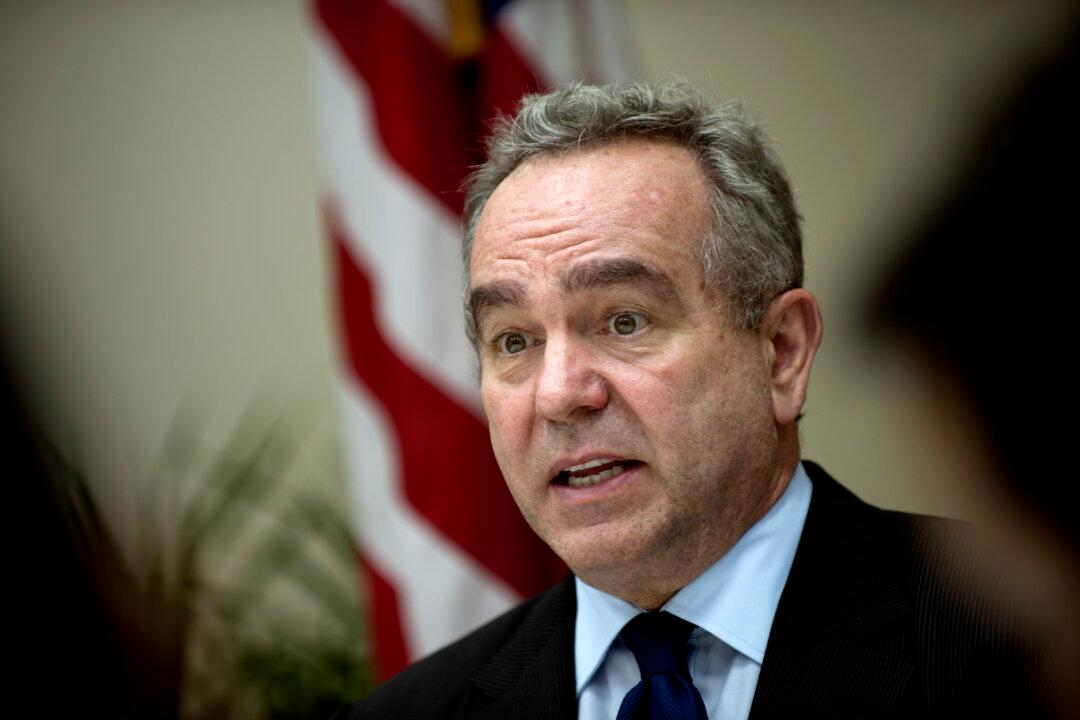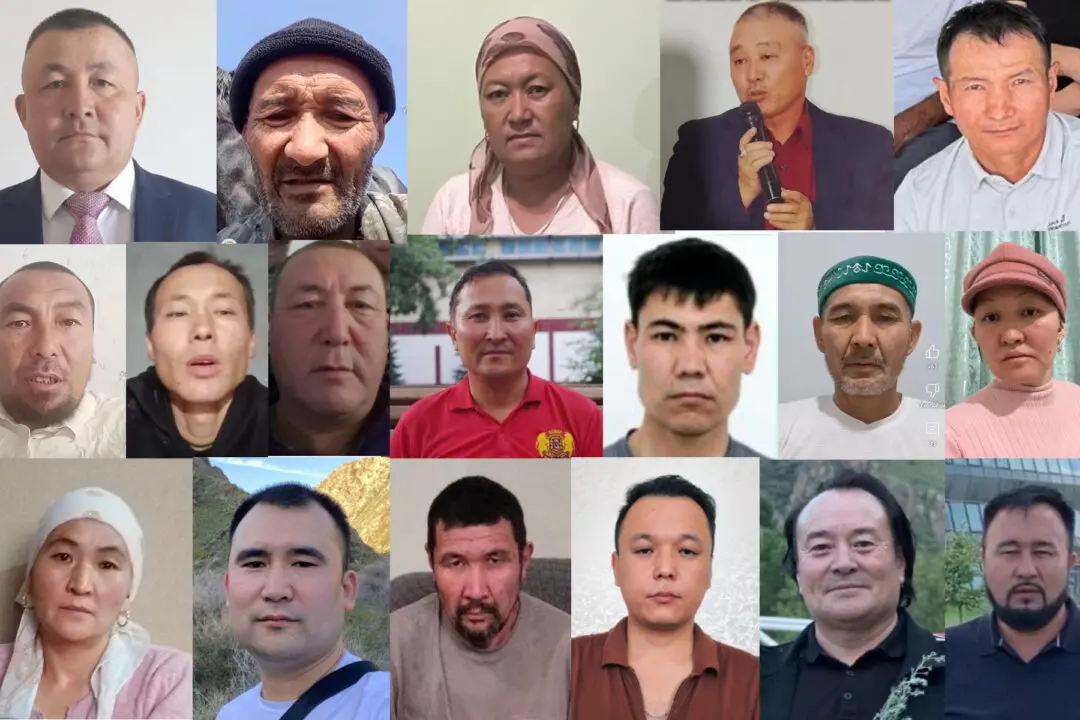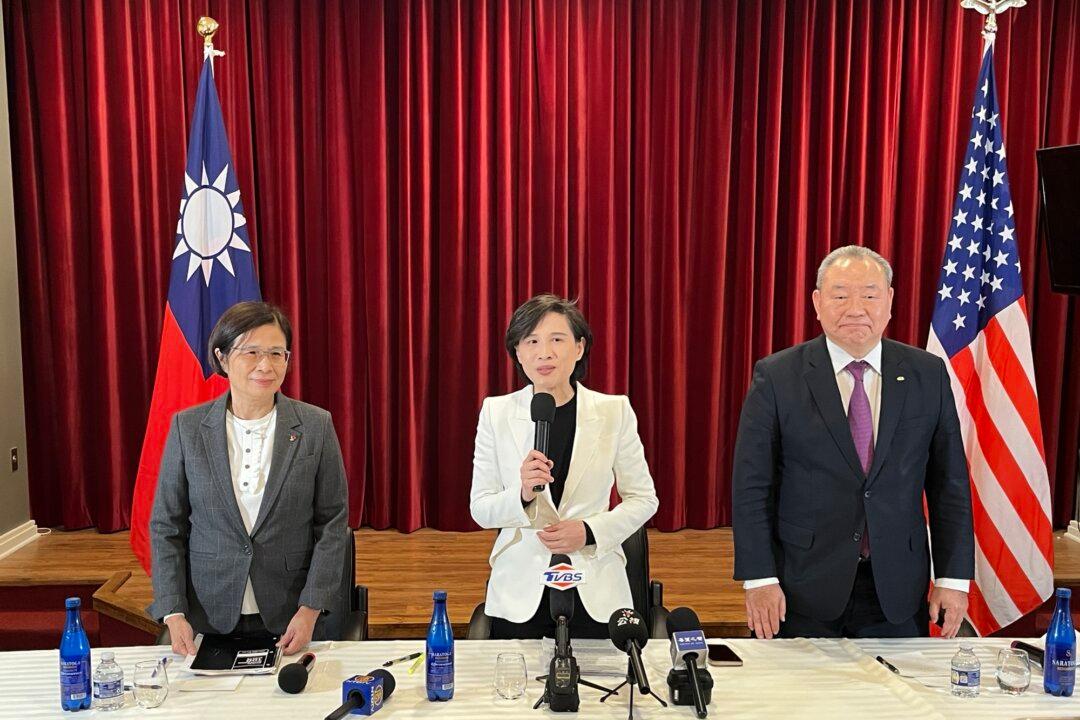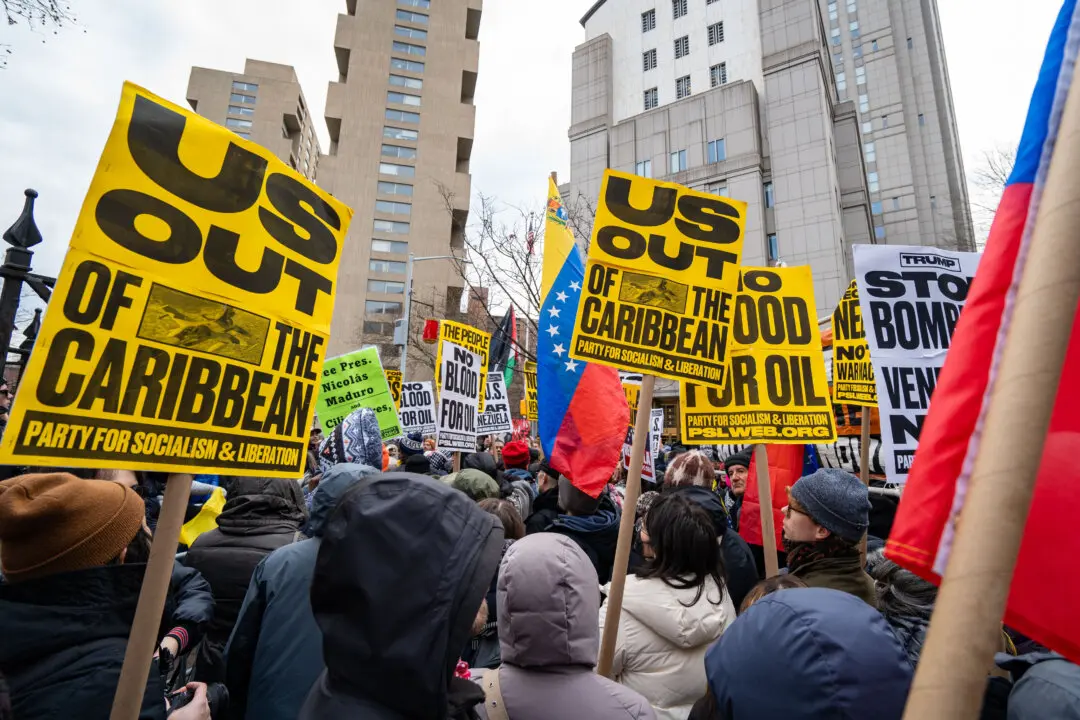The United States won’t take its eye off the Indo-Pacific region despite the Ukraine crisis, engaging in two theaters simultaneously, as it did during World War II and the Cold War, according to the White House’s Indo-Pacific policy coordinator.
“It’s difficult. It’s expensive. But it is also essential, and I believe that we’re entering a period where that is what will be demanded of the United States and this generation of Americans,” Kurt Campbell, White House coordinator for Indo-Pacific Affairs, said at a Feb. 28 virtual event hosted by the German Marshall Fund of the United States. “There is a deep recognition and intention here inside the government, in the White House, to sustain every element of our engagement in the Indo-Pacific.”





